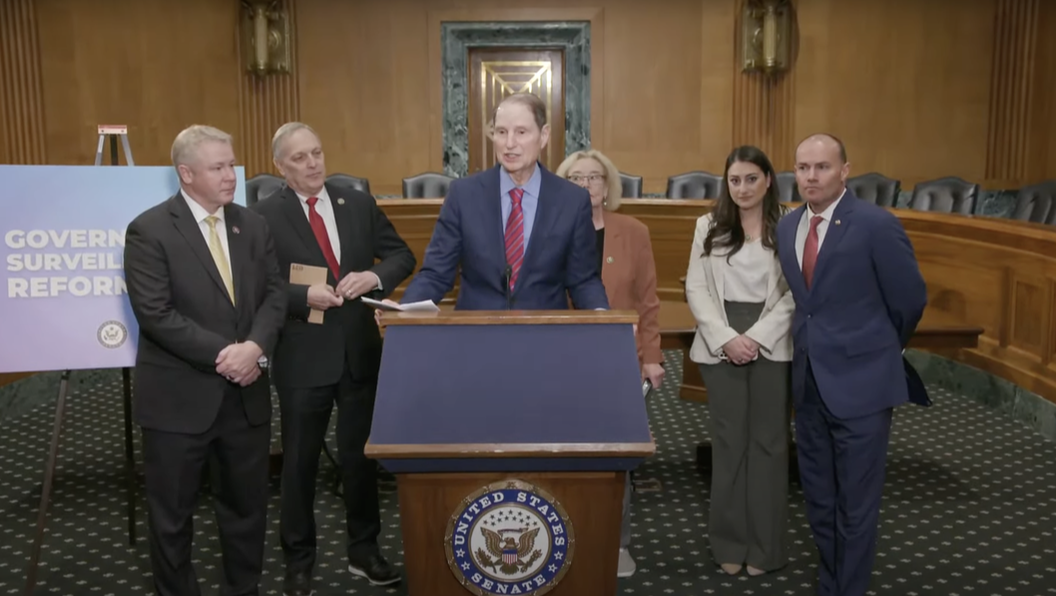The Government Surveillance Reform Act (GSRA) Four bipartisan champions of civil liberties – Sen. Ron Wyden (D-OR), Sen. Mike Lee (R-UT), Rep. Warren Davidson (R-OH) and Rep. Zoe Lofgren (D-CA) – today introduced the Government Surveillance Reform Act (GSRA), legislation that restores force to overused Capitol Hill adjectives like “landmark,” “sweeping,” and “comprehensive.”
“The Government Surveillance Reform Act is ambitious in scope, thoughtful in its details, and wide-ranging in its application,” said Bob Goodlatte, former Chairman of the House Judiciary Committee and PPSA’s Senior Policy Advisor. “The GSRA is a once-in-a-generation opportunity for wide-ranging reform.” The GSRA curbs the warrantless surveillance of Americans by federal agencies, while restoring the principles of the Fourth Amendment and the policies that underlie it. The authors of this bill set out to achieve this goal by reforming how the government uses three mechanisms to surveil the American people.
The GSRA will rein in this ballooning surveillance system in many ways.
“The GSRA enjoys widespread bipartisan support because it represents the most balanced and comprehensive surveillance reform bill in 45 years,” Goodlatte said. “PPSA joins with a wide-ranging coalition of civil liberties organizations to urge Congress to make the most of this rare opportunity to put guardrails on federal surveillance of Americans. “We commend Senators Wyden and Lee, and Representatives Davidson and Lofgren, for writing such a thorough and precise bill in the protection of the constitutional rights of every American.” Comments are closed.
|
Categories
All
|


 RSS Feed
RSS Feed